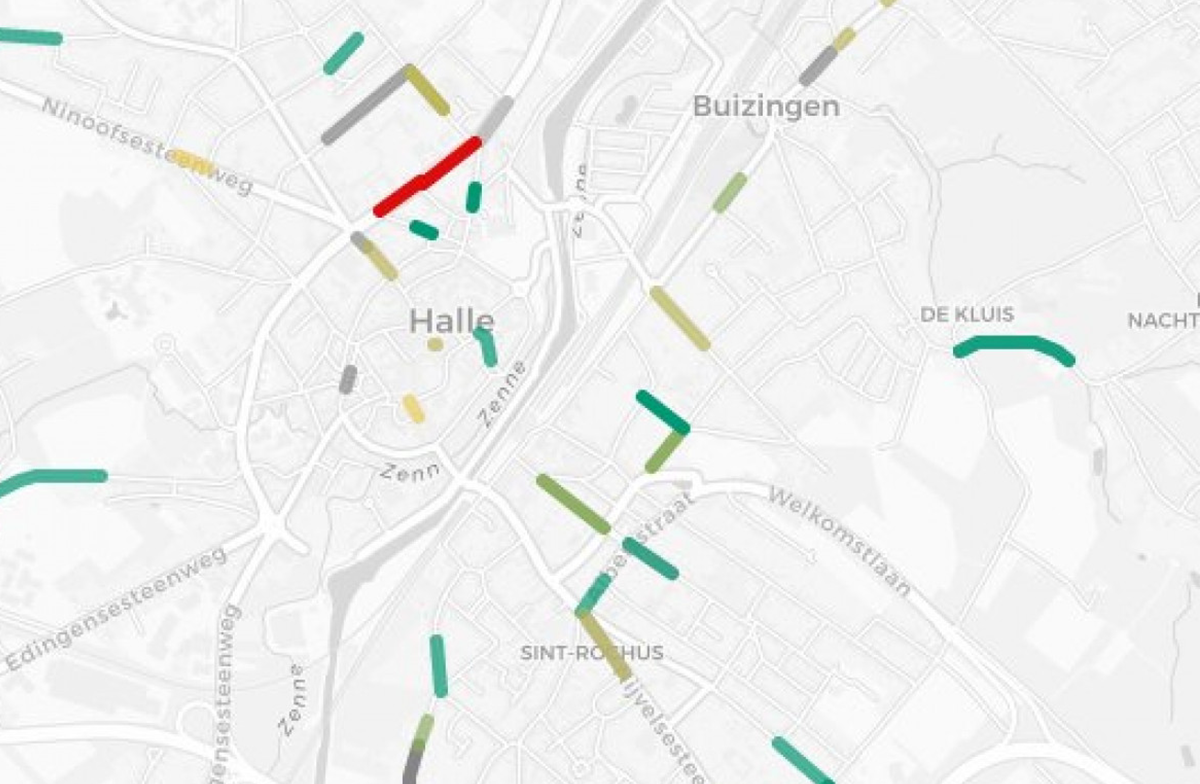What satisfied customers say: City of Halle (Belgium)
Telraam testimonial • Wouter Florizoone 18 November 2021

Dag Kasper, how exactly did you come into contact with Telraam?
The first time I heard about the Telraam was actually through a contact at Fluvius. In Halle, we are currently running a PIO project (Programma Innovatieve Overheidsopdrachten - Innovative Public Procurement Programme) on making street lighting sustainable. During this project, we looked at the possibilities of citizen participation and sensor applications for street lighting. Although it was decided not to continue Telraam within the scope of the PIO project, I subsequently contacted Telraam to start a separate project.
What do you use Telraam for in Halle?
We are currently using the Telraam project including the dashboard as an initial test case for becoming a data-driven local government. Depending on reports, mobility works or changes that are initiated, we are looking to use Telraam data to objectively monitor and confirm certain matters. We also see Telraam as a powerful tool that can be used by citizens to objectively frame certain issues in their street.
What relevant results have you been able to establish thanks to Telraam?
All data collected through the various Telrams are relevant to us when placed in context. For example, we can make a good estimate of the number of cyclists in a bicycle street. It also enables basic monitoring and data collection around speed in the 30 km/h zone.
And has Telraam resulted in a renewed dialogue with the citizens?
Yes, we use the data regularly in communication with citizens on specific reports and have also received reports from citizens that are supported by the Telraam data. It is an excellent tool for entering into dialogue in an innovative way in the field of mobility.
Finally, how do you intend to use Telraam in the future?
We would like to see whether it would be possible in the future to integrate the Telraam data into other projects. The 'Raambabbel' approach also seems to us to be very valuable in the context of citizen participation.
Kasper Vanbeginne, Innovation policy officer, City of Halle